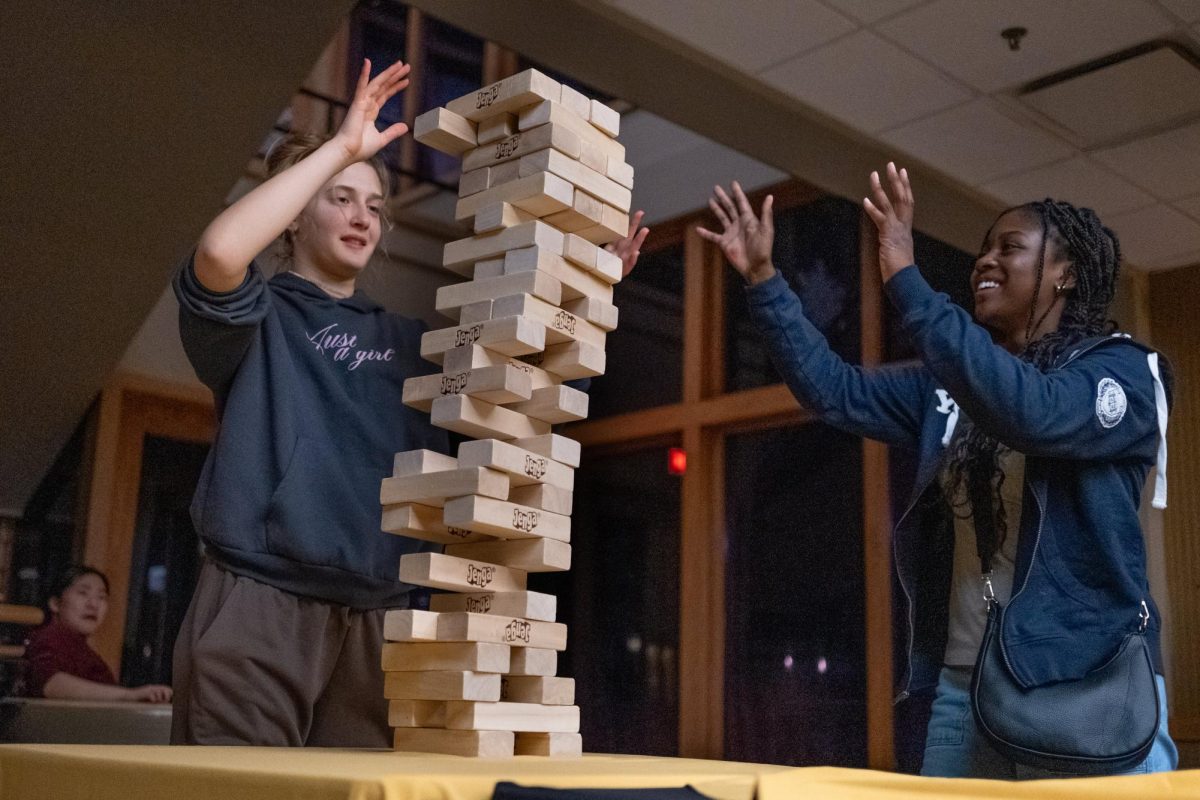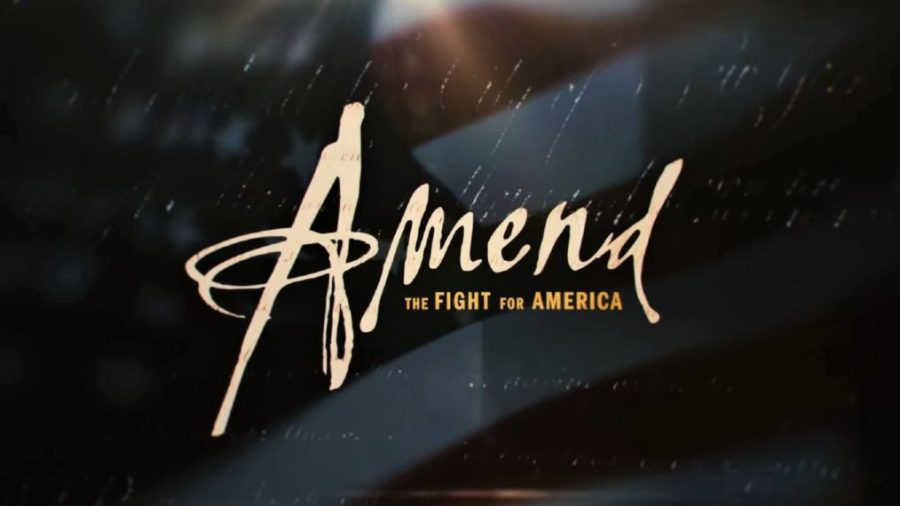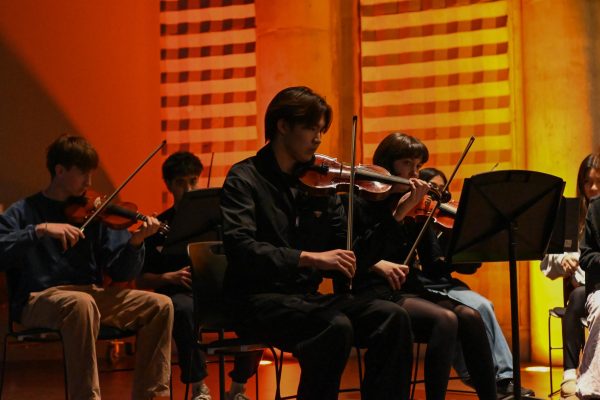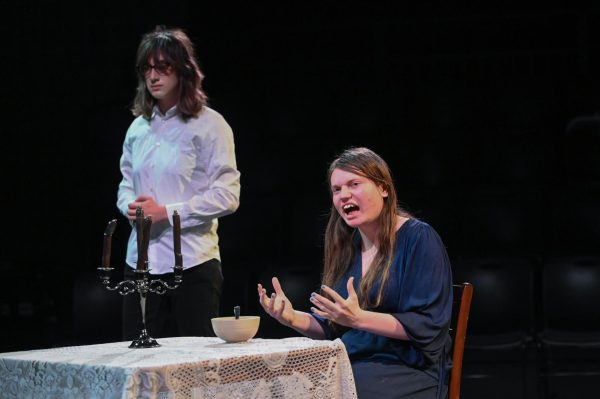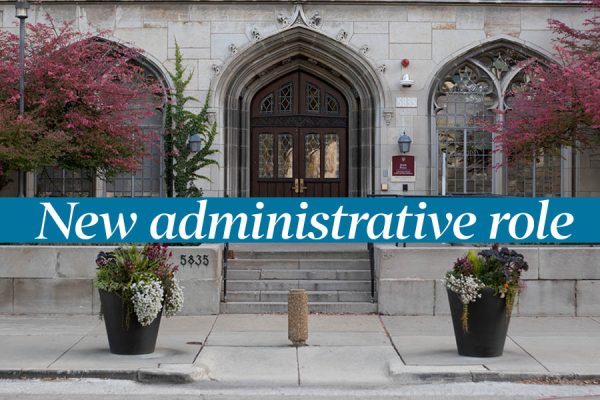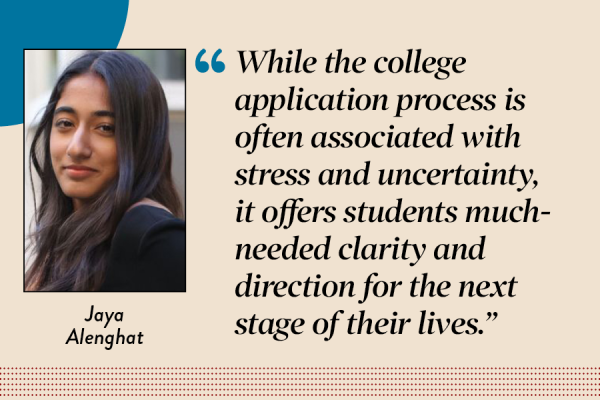Docuseries ‘Amend: The fight for America’ explores facets of 14th Amendment
TV Insider
Will Smith hosts new Netflix docuseries “Amend: The Fight for America” in a captivating display of American lives touched by the 14th amendment.
Today’s civil liberties concerning abortion, same-sex marriage, citizenship and due process have all been determined in no large part by the 14th Amendment — but when was the last time you even thought about it?
The new Netflix docuseries, “Amend: The Fight for America,” presents the history of the 14th Amendment (which guarantees citizenship, equal protection, and due process) in six hourlong episodes and makes a case for the amendment’s importance to the protection of civil liberties. While a closer look at the understanding of the 14th Amendment in a legal context might have improved the show, it excels at telling the stories of how Americans fought for their rights and relied on the courts and the Constitution to do so.
With Will Smith as the show’s host, each episode examines a different facet of the amendment’s application to issues like marriage and citizenship. The series intersperses interviews from experts and eyewitnesses, Ken Burns-style closeups of archival materials, brief animations and monologues of historical figures’ key speeches. Instead of a single narrator reading text from speeches and letters, contemporary actors like Mahershela Ali and Yara Shahidi deliver them in the style of a monologue on a soundstage.
While other historical documentary series can suffer from slow-pacing or general superficiality, “Amend” avoids both of these defects. It keeps experts’ commentary the focus while cycling through images and monologues that root the viewer in context. The commentators’ attention to the complicated nature of history shines through in its first episode, which details how the 14th Amendment was ratified after the Civil War, when they consider how penal labor and counter-reforms undid progress made against chattel slavery.
The real focus of “Amend” is on the human stories that intersect the 14th Amendment. In one scene, the viewer watches a modern-day descendant of Roger B. Taney apologize to a descendent of Dred Scott, in an amazing moment of reconciliation that also displays the show’s vigorous idealism. But the emotional climax comes during the fifth episode, which recounts the history leading up to the decision that legalized same-sex marriage, Obergefell v. Hodges. The plaintiff, James Obergefell, tells of his effort to marry John Arthur, his eventual husband who was dying of ALS. After Mr. Arthur died, Mr. Obergefell dedicated himself to making same-sex marriage a civil liberty, and he succeed in 2015.
However, the emphasis on historical events and narratives supplants the fact that the 14th Amendment is fundamentally a piece of law. While it acknowledges the debates over the scope of the amendment, it never takes them seriously. How are judges able to find support for new rights over time in the same document? Were these rights always present in the amendment, or are courts empowered to reinterpret law based on the state of society?
These fundamental questions are not considered, but “Amend” nonetheless succeeds with its excellent pacing, historical depth and showcasing of inspirational and often heartbreaking stories. Not only does “Amend” persuasively show why the Constitution is so important to civil liberties, it more importantly shows the need for ordinary citizens to fight for and defend those rights.



















































